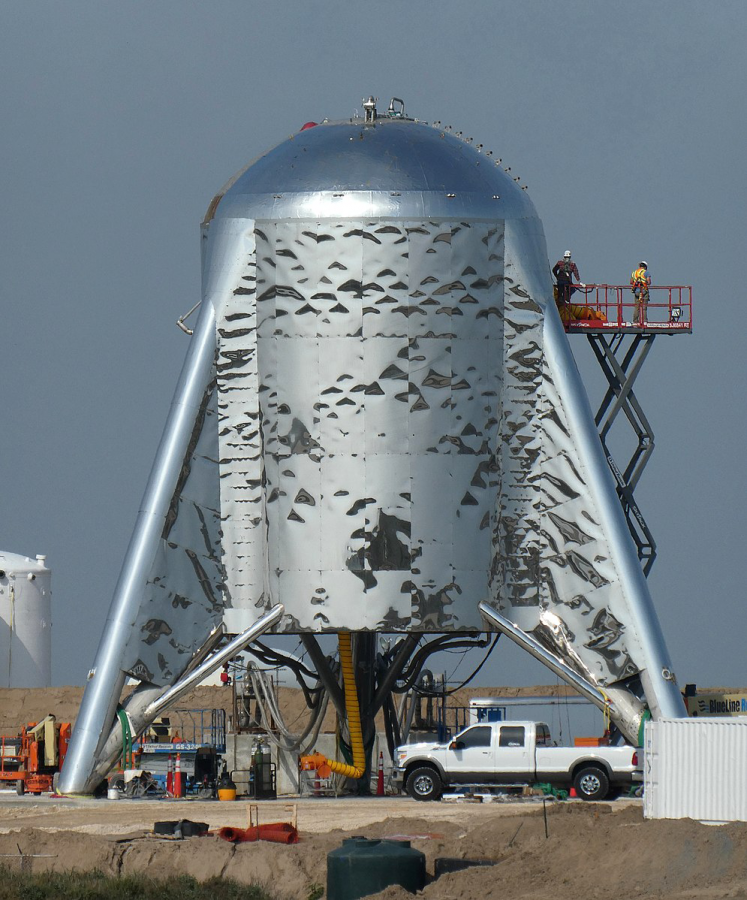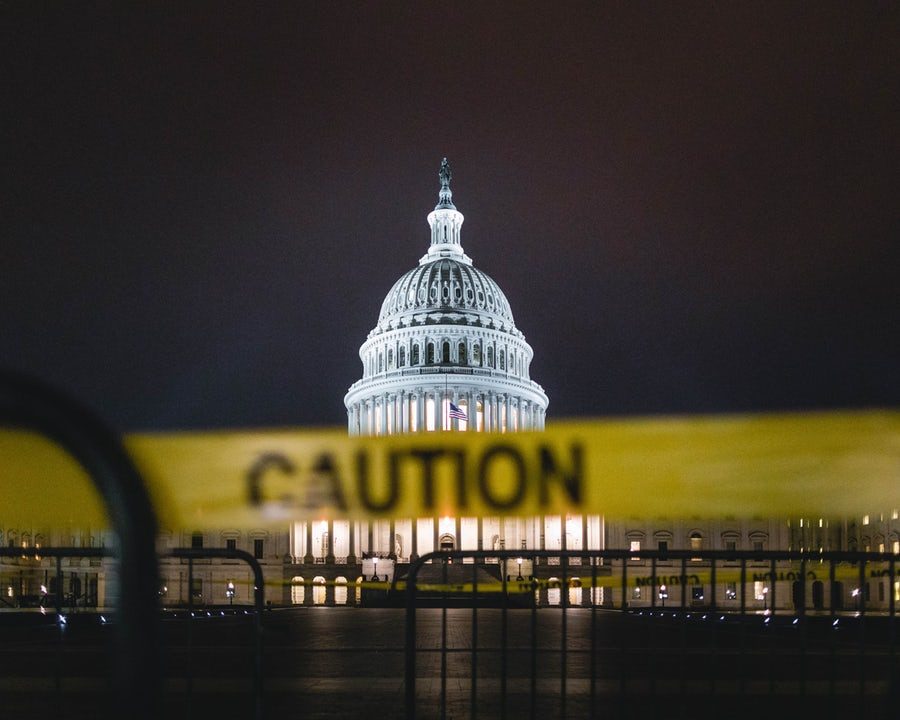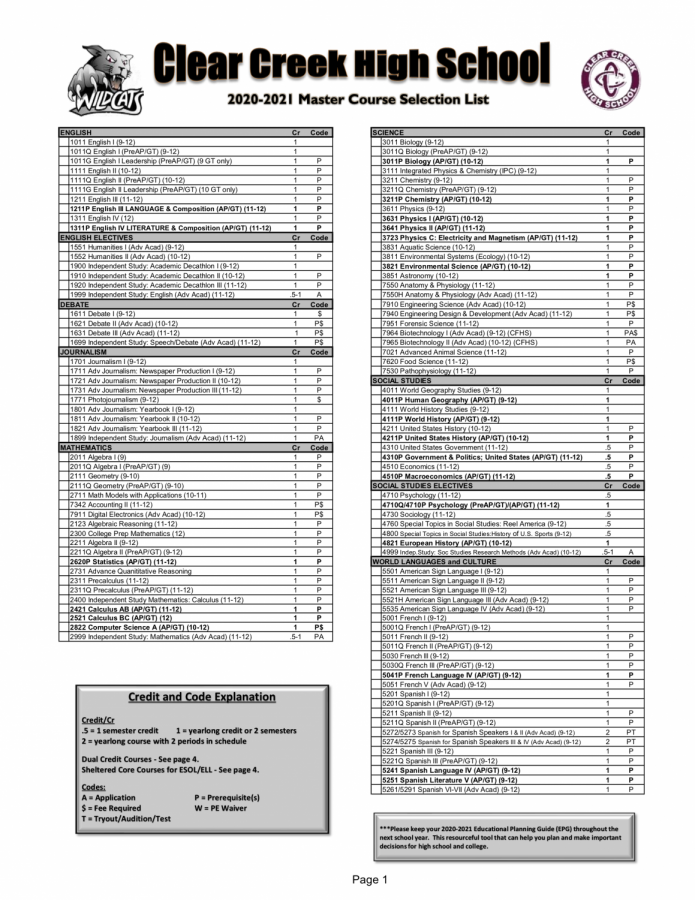The United States, Canada, and Mexico reach new trade deal agreement
November 29, 2018
After months of deliberating between Canadian Prime Minister Justin Trudeau and United States President Donald Trump, the two countries finally reach an agreement to substitute the 1.2 trillion dollars-worth North American Free Trade Agreement, with a new modernized trade deal, the United States-Mexico-Canada Agreement, USMCA for short.
The new action plan will not go into effect till 2020, which will set new policies invoking 75 percent of automobiles components must be constructed in North America’s region, diminish restrictions of the United States selling dairy products to Canada and produce economic growth within the continent. The deal is a free trade regulation between the continent, limiting the amount of restrictions. The announcement came just a couple hours before the midnight deadline on September 30th. The deal is a refreshing leap forward in order to rebrand. The NAFTA deal is over 25 years’ old, and is rather outdated especially in this new modernized technology age, but many never thought Canada would agree to the deal. President Trump has had a long history of degrading NAFTA, often saying it is the worst deal ever made.
Although the deal has to be approved by Congress, it does ease the idea of the United States, Canada and Mexico from reaching a trade war, but does cause concerns. The deal subjected Mexico to adopt eight core rights from the International Labor Organization, along with compelling higher wage rates which will reduce the comparative advantage in their trade. People will lose jobs due to the comparative advantage and technology domestication. Seemly consumers will have to pay more for goods and services with zero benefits.
“As someone who voted against NAFTA and opposed it for many years, I knew it needed fixing. The president deserves praise for taking large steps to improve it. Any final agreement must be judged on how it benefits and protects middle-class families and the working people in our country,” Chuck Schumer, New York Senate, said.
The announcement came to a surprise to some expert traders, splitting the community against each other over the dispute. One side believes the new deal was a much-needed update to the NAFTA agreement, while the other side believes it could restrict trade in other regions of the world, ultimately decreasing the earnings of American companies. Trump seems not worried since he signed a revised free trade agreement between The United States and South Korea. Trump and South Korea’s President, Moon Jae-in, held the meeting in New York, back on September 24th. The new deal calls for South Korea to open up their markets to increase American exports. Allowing America to impose 25 percent of taxes on Korean trucks that will last till 2041.
There were several fundamental revisions to the original document composed by Barack Obama. President Trump has argued the former agreements has cost hundreds of thousands of Americans to lose their jobs and the new provision will increase the trade balance among the two countries. As the United States goods and services trading deficit, South Korea was also being subjected to face aluminum and steel tariffs.
“We are going to be able to defend ourselves against currency under valuations because, as part of this deal, there is a very nice side deal agreement that the Secretary of Treasury is negotiating over currency undervaluation. A benchmark for what we will be doing going forward,” Peter Navarro, trade adviser, said.
As tension rises, both the United States Ambassador, Kelly Craft, and Canadian Foreign Affairs Minister, Chrystia Freeland, were involved in the trade deal, will be undergoing a sequence of town hall meetings to answer concerns over the USMCA. The two will travel around both Canada and the United States starting in December, by engaging with small businesses, cross-border industries and company investors, insisting the federal government hears their concerns. States like Kentucky, whose largest foreign trading partner is Canada, will be halted major investment deals once the new deal takes effect, due to retaliatory tariffs placed on Canada’s products by the United States administration. President Trump seems unconcern over the growing dispute.
“USMCA is a great deal for all three countries, solves the many deficiencies and mistakes in the NAFTA, greatly opens markets to our farmers and manufacturers, reduce trade barriers to the U.S. and will bring all three Great Nations together in competition with the rest of the world,” President Donald Trump, said.
















